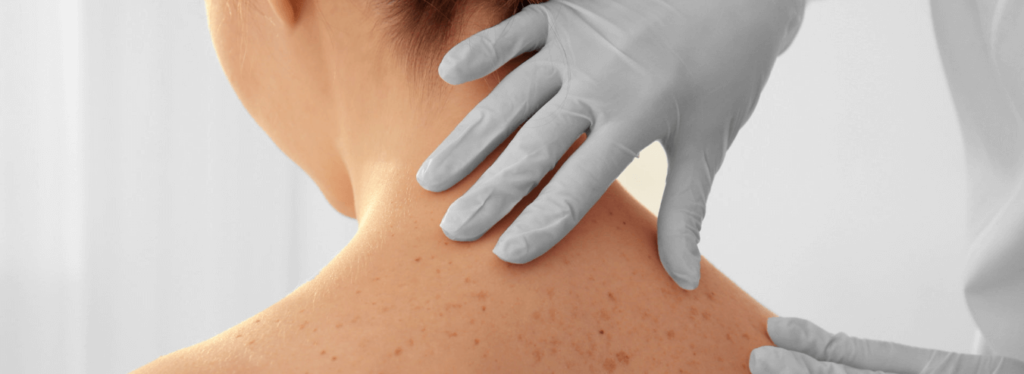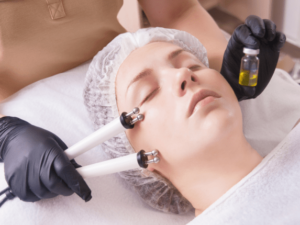
Basal Cell Carcinoma is the most common skin cancer, with 3.6 million cases annually in the United States. BCC is characterized by sores and itchy red patches that may ooze pus or blood. The condition’s gradual progression means effective treatment is possible if detected in its initial phases. Here is more on BCC causes, prevention, and potential Huntsville skin cancer interventions.
What causes basal cell carcinoma?
BCC is the uncontrollability of the skin’s basal cells due to ultraviolet damage. It typically appears on areas exposed to the sun, such as the neck, face, arms, legs, and scalp.
The basal cells are small, circular cells at the bottom-most layer of the epidermis. They typically replicate and push aging cells upwards towards the dermis. However, mutation can increase cell buildup due to DNA damage from intense UV-light sources.
The cell accumulation creates lumps and tumors on the skin. The area around the swelling may appear shinier than your normal skin. Itchy, crusty lesions could be another sign of BCC.
BCC sores often appear on lighter skin and appear as translucent patches. But it can occur on all skin types and usually has a brownish tone on darker skin tones.
Other symptoms of basal carcinoma may include:
- Itchy and painful lumps that emerge gradually
- Circular sores with an indentation at the center
- Red or pink growth in exposed areas of the skin
- Pearly circular sores
How can you prevent it?
You can prevent BCC by adopting practical habits such as using sunscreen throughout the year. Apply sunscreen with an SPF of 30 when swimming or on the beach. You should avoid tanning beds, especially if you have a family history of basal cell cancers or if you have the condition.
Wear protective gear like a hat or visor when working outdoors. Perform a self-examination every so often. Consult your dermatologist when you spot unusual sores or swelling.
BCC skin cancer assessment and diagnosis
The diagnostic process will start with an assessment to check for skin lesions. Your provider may request your feedback on pain and itchiness to gauge the condition’s progression. The average duration of sun exposure could be a factor in your diagnosis.
A skin biopsy involves the extraction of a portion of skin cells for lab tests. Your provider will use the results to confirm if you have basal cell carcinoma skin cancer.
Even though BCC hardly spreads to other sites on your body, your provider may request imaging tests. CT and MRI scans can examine the lymph nodes and internal organs for cancerous growth.
BCCs treatment options
The best long-term treatment for BCC is to excise the tumor from the skin. The area is mapped under a microscope to ensure precise extraction of all the cancerous growth.
An excision procedure is ideal for cases where the growth is unlikely to reappear. Other factors are also considered before determining the best treatment option. Your provider may recommend non-invasive alternatives if surgery is not viable for your case.
Consult Ray Sheppard Jr., MD to book your basal cell carcinoma evaluation today.





